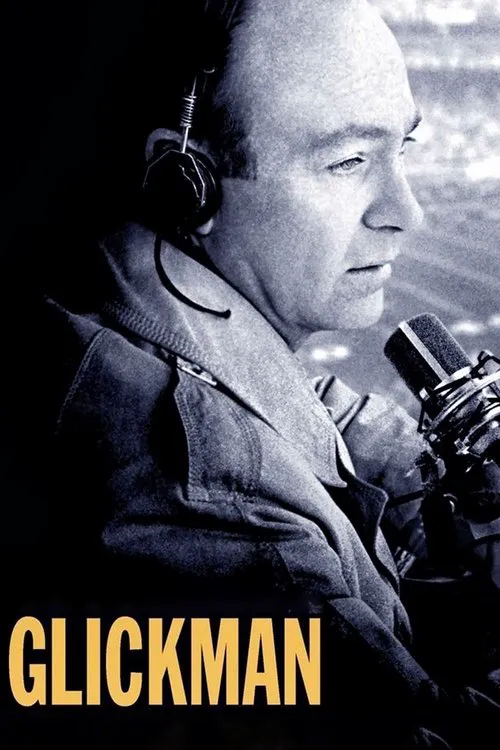Glickman

Intrigue
Marty Glickman was a Jewish-American athlete who dominated the track and field events in the 1930s. Born on January 4, 1924, in the Bronx, New York, Glickman's exceptional speed and agility caught the attention of top coaches and officials. He became one of the most promising sprinters in the U.S., breaking multiple records and earning himself a spot on the Olympic trials team for the 1936 Berlin Olympics. However, a decision made by the U.S. Olympic Committee and the Amateur Athletic Union (AAU) would change the course of Glickman's life. Despite his impressive performances and qualifications, Marty Glickman was denied a spot on the U.S. Olympic relay team for the 4x100 meters at the 1936 Berlin Olympics. The reason behind this shocking decision remains shrouded in mystery, but it's widely believed that the anti-Semitic attitudes prevalent during that era played a significant role. Glickman's omission from the Olympic team led to a significant turning point in his life. With his sights set on representing the U.S. at the world's biggest stage, he turned his attention towards a new passion – sports journalism. After completing his high school education, Glickman enrolled at New York University, where he honed his writing and broadcasting skills. It wasn't long before he landed his first job as a sports journalist for the New York Evening Journal. During the 1940s, the landscape of sports journalism was vastly different from what it is today. Sports broadcasts were limited, and the mediums available for storytelling were restricted. However, Marty Glickman had a unique vision for the field. He believed that sports journalism could be more than just reporting on scores and statistics; it could be about the human side of the athletes and their stories. Glickman's big break came in the early 1940s when he joined WEAF Radio, one of the leading radio stations in New York. Initially, he worked as a play-by-play announcer, but his exceptional storytelling ability and rapport with athletes soon made him an asset to the network. Glickman's ability to weave compelling narratives and highlight the human side of athletes endeared him to listeners, and he quickly became a household name. Throughout the 1940s and 1950s, Marty Glickman continued to establish himself as one of the leading sports journalists of his time. He worked tirelessly to build relationships with top athletes, coaches, and officials, earning their trust and gaining unparalleled access to the sports world. Glickman's distinctive broadcasting style, replete with dramatic flair and poetic descriptions, captivated audiences, and his ability to break down complex sports concepts into simple, understandable terms made him a beloved figure in the world of sports. In the 1960s and 1970s, Glickman continued to be a major force in sports journalism, witnessing some of the most defining moments in American sports history. From the Miracle Mets' World Series title to the iconic Ali-Frazier trilogy, Marty Glickman was there, providing his unique perspective and inimitable commentary to the world. Through his tireless efforts, he played a pivotal role in shaping the modern sports media landscape, paving the way for future generations of journalists and broadcasters. Throughout his illustrious career, Glickman remained true to his roots, always maintaining a deep respect for athletes and a commitment to uncovering their stories. He was an unassuming icon who inspired countless others to follow in his footsteps. Marty Glickman's legacy extends far beyond his groundbreaking career as a sports journalist; he remains a shining example of perseverance and determination in the face of adversity. Glickman's contributions to the world of sports journalism have had a lasting impact, influencing generations of sports broadcasters, including some of the most iconic figures in the industry, such as Marv Albert and Bob Costas. While his early life was marked by disappointment and anti-Semitism, Marty Glickman went on to achieve greatness, leaving an indelible mark on the world of sports and solidifying his place in the pantheon of sports journalism legends.
Critiques
Recommandations


